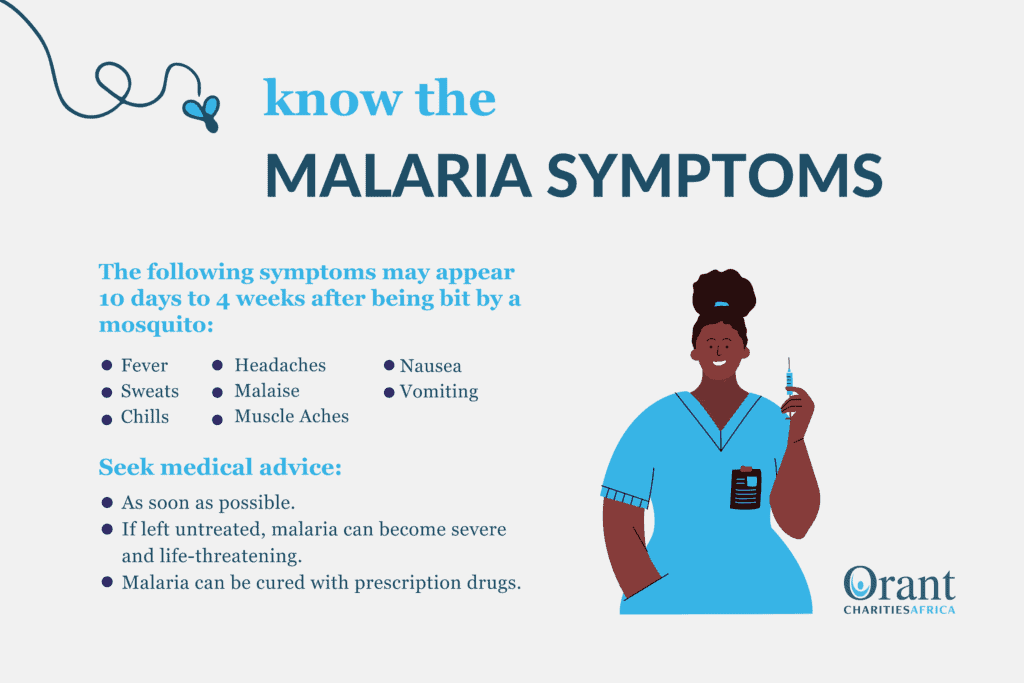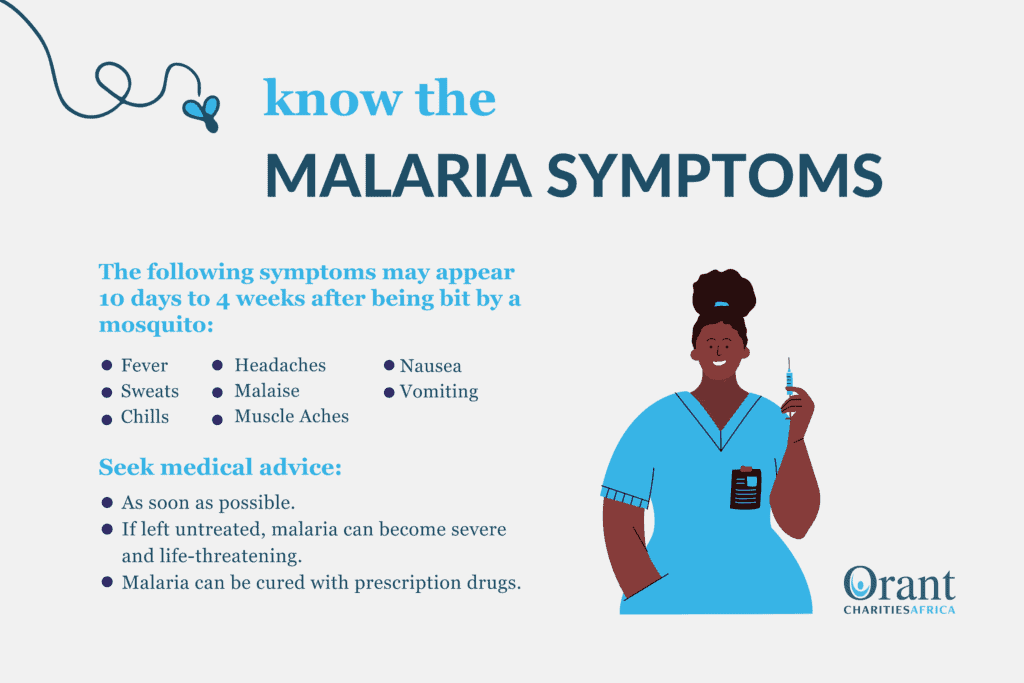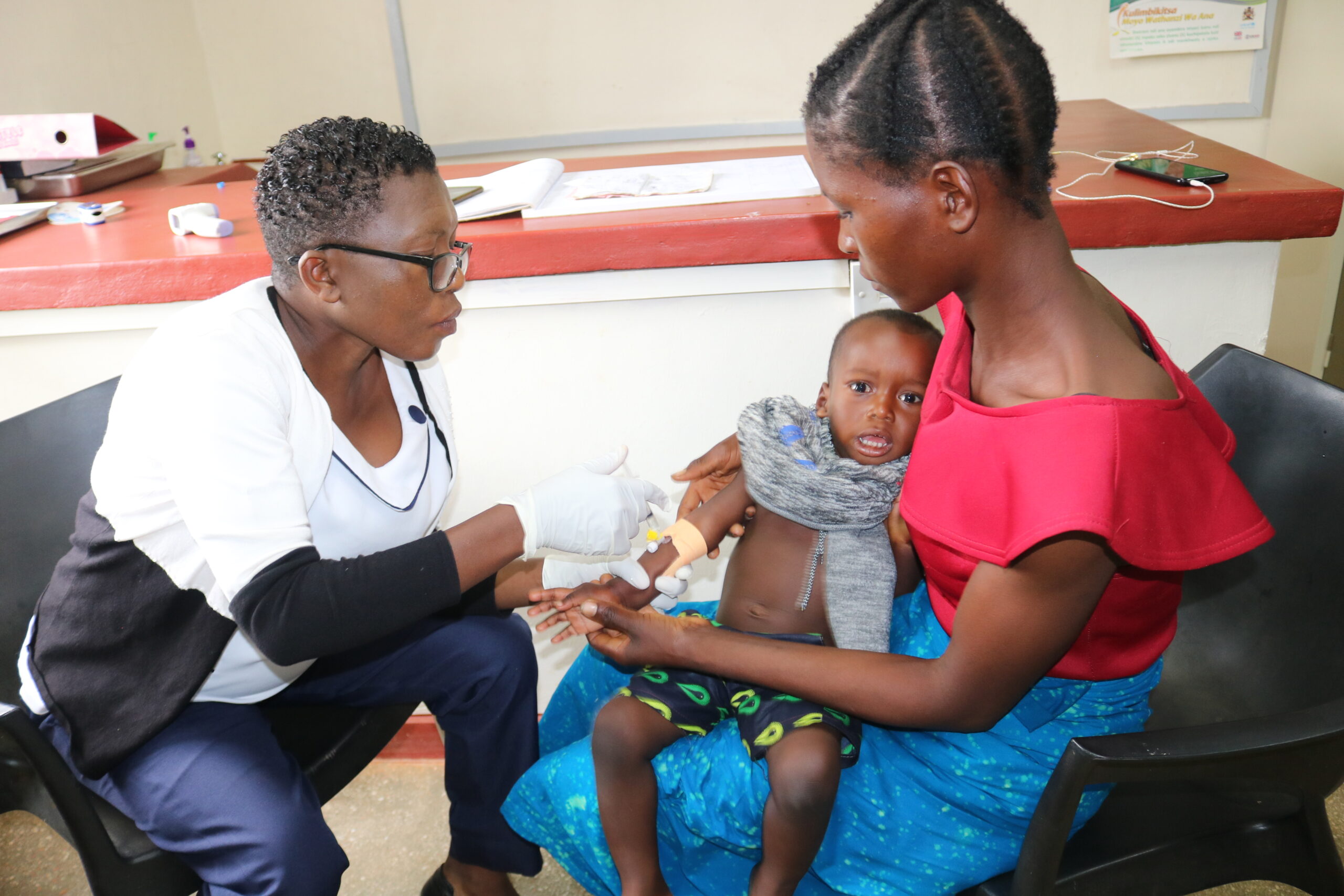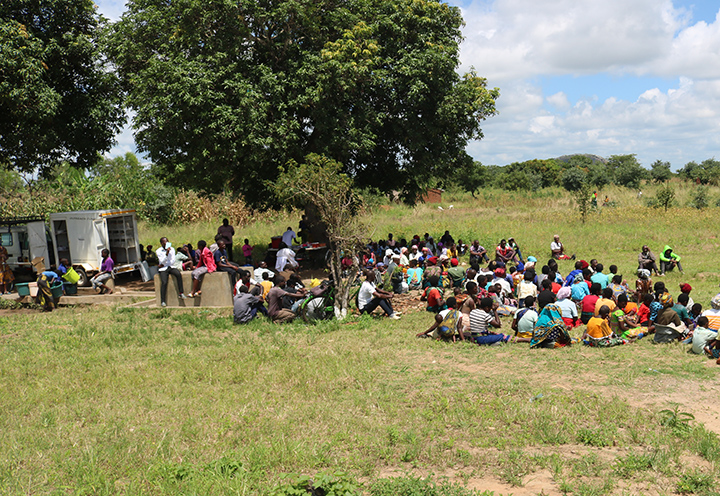Malaria Stories: Agness Mateyo


In the darkness of a Thursday night, a motorcycle enters the Orant Charities Kasese Health Center premises, carrying a woman with a child on her back. The woman is crying.
Her child is unconscious and is having convulsions. The doctor on duty rushes to put the child on a drip. In no time, the child gains consciousness. His eyes have turned yellow. He is throwing up. He is too weak to sit up on his own.
The doctor collects the child’s blood sample and conducts a malaria test. The child is diagnosed with severe malaria. His hemoglobin level is at 6.5 g/dl. The normal level is 10.5 g/dl.
“If he doesn’t get treatment in the next 24 hours, we will lose him,” says the doctor.
Agness Mateyo knew something was wrong with her 4 year old son, Promise Lucas, on Tuesday morning. He had become quiet and less playful. She noticed blood in his pee.
But she couldn’t take him to the hospital because she had no money for transportation.
“It never crossed my mind that it could be something as serious as malaria until Thursday night when he fainted,” says the mother of four.
Due to severe malaria, Promise became anemic and required blood transfusion. Malaria is the most common cause of anemia. The parasite feeds on blood cells.
Promise’s condition was critical. He was given an injection of Artesunate and referred to Madisi Hospital for further observation.
Malaria remains one of the most common diseases in Malawi. Cases are high during the rainy season. Sitting water is a breeding ground for mosquitoes. On average, Orant’s clinics see 2,800 malaria patients per month during malaria season.
One of the challenges in timely treatment of malaria is ignorance and negligence. People tend to visit the hospital when the situation is at its worst.
For the sake of prevention, Orant distributes mosquito nets to rural communities. We also conduct health talks. We cover malaria causes, signs and symptoms, complications, and prevention. We encourage communities to sleep under insecticide-treated mosquito nets, avoid keeping stagnant water around their homes, and clear the bushes around their homes.
“Orant’s Healthcare Program strives to make sure that communities are well informed and free from malaria,” says Herbert Chunga, Kasese Health Center Clinician.
“Thank you to the Kasese Health Center for their tireless efforts in making sure my community is safe from malaria,” says Agness.




